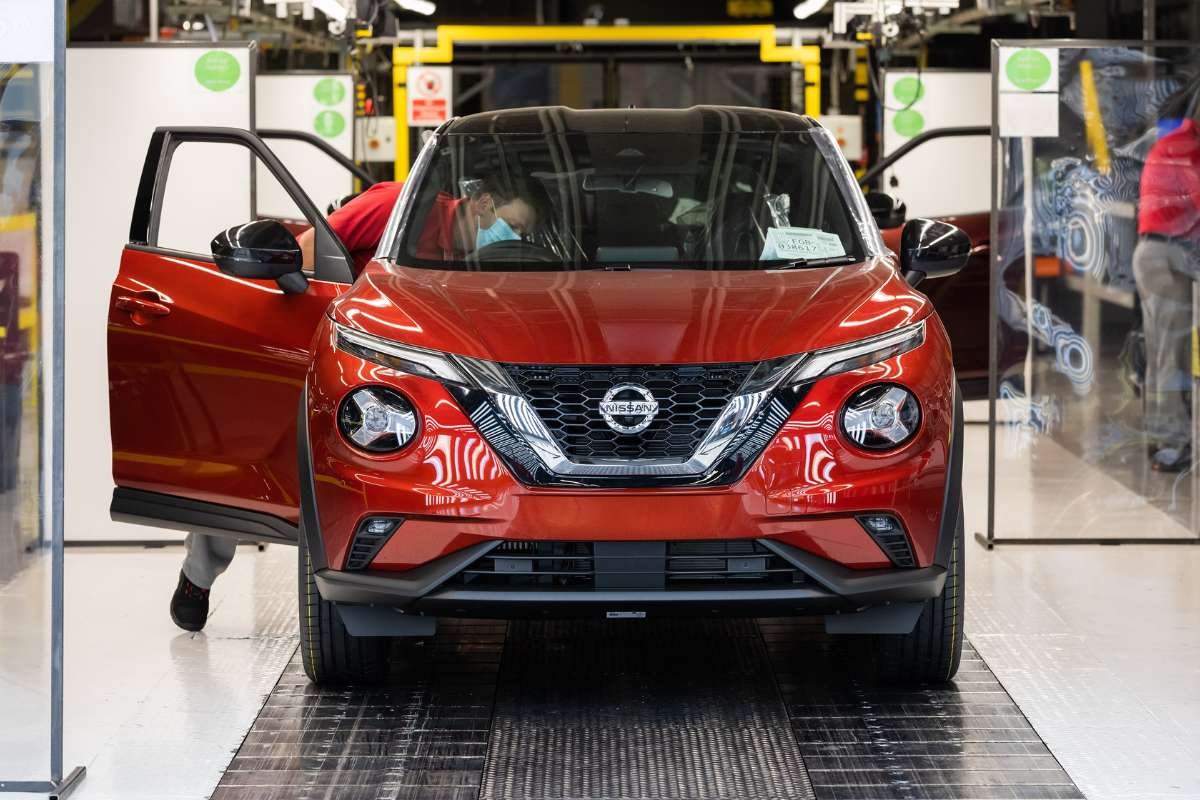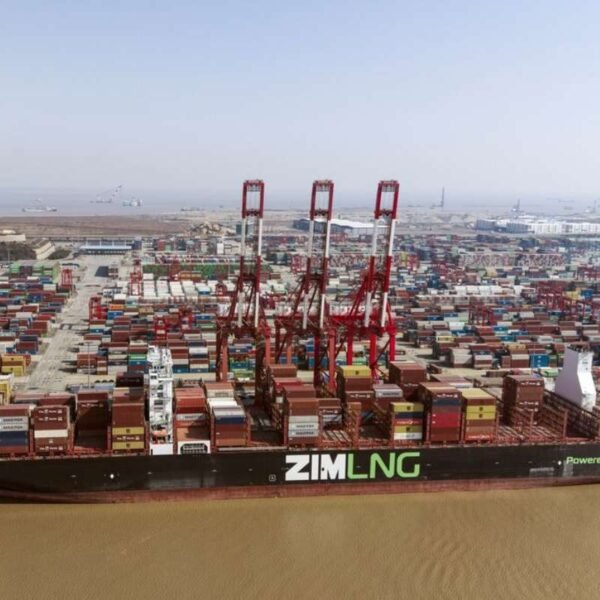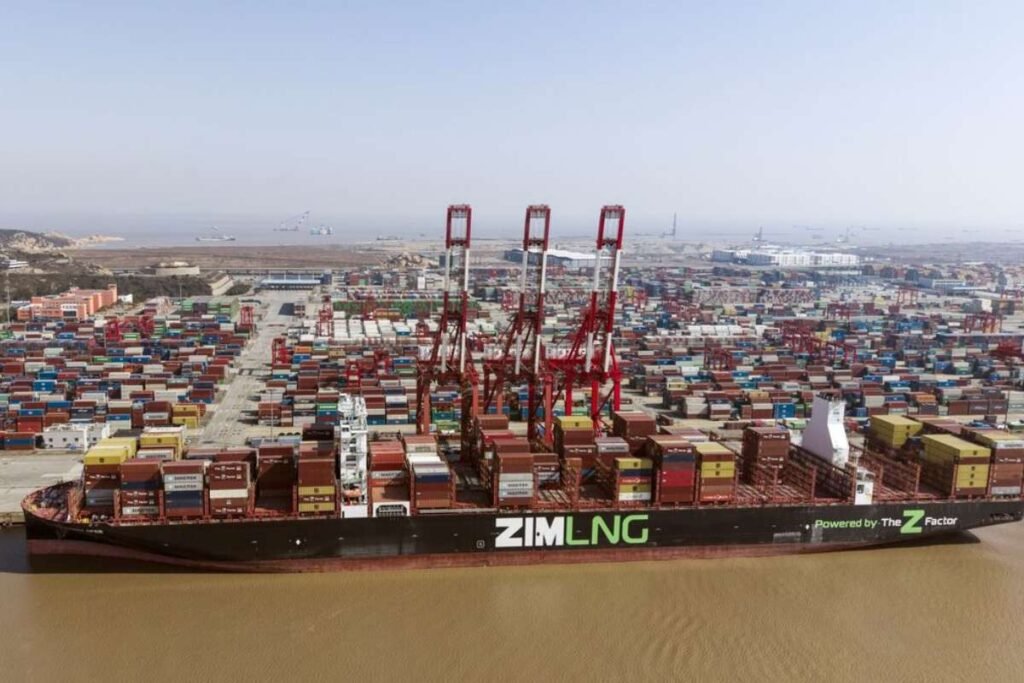Japanese automaker Nissan is exploring the possibility of sharing its global manufacturing facilities with its long-time Chinese state-owned partner, Dongfeng Motor Corporation. The move signals a strategic shift as Nissan attempts to streamline operations and regain its footing in a challenging global market. Speaking at a Financial Times conference on Thursday, Nissan executive Ivan Espinosa confirmed the potential integration of Dongfeng into Nissan’s global production network, stating the firm could bring the Chinese company “into the Nissan production ecosystem globally.”
The announcement comes on the heels of a major restructuring plan by Nissan, which includes the layoff of 11,000 employees and the closure of seven production facilities worldwide. The company, however, has not yet disclosed the specific locations affected by these cuts. Espinosa reassured that Nissan’s Sunderland plant in the UK, which employs around 6,000 workers, remains secure for the time being. “In the very short term, there’s no intention to go around Sunderland,” he said, citing upcoming car launches planned for the facility.
Geopolitical Tensions Add Complexity to UK-China Trade Dynamics
Nissan’s openness to deeper collaboration with Dongfeng comes as the UK’s trade relations with China are under increased scrutiny. This week, the UK government pushed back against suggestions that a newly inked trade agreement with the United States might sideline Chinese investment. The agreement softened Trump-era tariffs on metals and automobiles but also included provisions to align with US security standards for supply chains — a condition that raised eyebrows in Beijing.
A spokesperson for the Chinese embassy in London expressed concern, stating China “firmly opposes” any deal that compromises its interests and has formally requested clarification from the UK government. The embassy warned that China would “respond as necessary” if it finds the deal harmful to its position.
These diplomatic developments provide a complex backdrop to Nissan’s announcement. Although the company has partnered with Dongfeng in China for over two decades — jointly operating manufacturing facilities in Wuhan — its willingness to expand that partnership beyond China may add new layers to the UK’s delicate trade balance with both the US and China.
Workforce Cuts and Strategic Losses Shape Nissan’s Future
Nissan’s restructuring effort reflects deeper struggles across several key markets. The automaker recently reported an annual loss of 670 billion yen ($4.6 billion), as it continues to grapple with weak sales in both the US and China, the world’s largest car market. In total, the company plans to cut 15% of its global workforce and reduce production capacity by 20% to manage rising costs and sliding revenues.
Despite its longstanding presence in China, Nissan has found it difficult to compete with domestic players, who have driven down vehicle prices through fierce competition. The company’s attempt to merge with rival Honda earlier this year also collapsed due to disagreements over financial terms, resulting in leadership changes that brought Ivan Espinosa to the helm.
Meanwhile, there is a glimmer of optimism in the UK. Nissan’s battery partner, AESC, secured a £1 billion investment from the UK government to build a new battery plant in Sunderland. The facility will support the production of electric models like the Leaf and Juke, potentially revitalizing the region’s economy. UK Chancellor Rachel Reeves hailed the project as a driver of “high-quality, well-paid jobs” for the North East.
Visit Enterprise Wired for the Most Recent Information.










